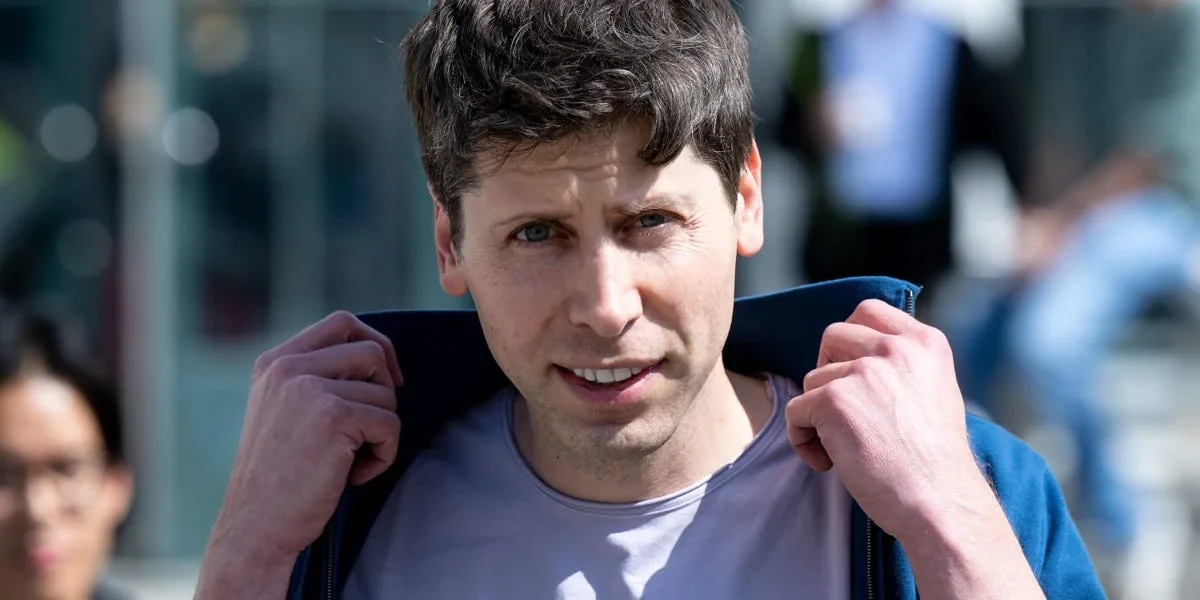In a series of recent interviews, Microsoft CEO Satya Nadella has shed light on the dynamic and evolving situation at OpenAI, hinting at the potential for significant changes in leadership and governance. Central to these discussions is Sam Altman, the recently ousted CEO of OpenAI, whose future role in the AI industry remains a subject of speculation and interest.
Nadella hinted at the possibility of Altman’s return to OpenAI, albeit in a different capacity. This suggestion comes amidst the backdrop of Altman’s announcement about joining a new AI research team at Microsoft, alongside former OpenAI president Greg Brockman and several other former researchers from the AI startup. This move by Altman to align with Microsoft marks a significant shift in the AI landscape, highlighting the fluid nature of talent and leadership within this rapidly evolving sector.
The Microsoft CEO expressed a degree of openness to the idea of Altman and Brockman joining Microsoft, though he acknowledged that the decision ultimately lies in the hands of OpenAI’s board and management. Nadella’s comments reflect the interconnected nature of the AI industry, where partnerships and collaborations between major players like Microsoft and OpenAI are increasingly common.
Despite the current trajectory of Altman’s career towards Microsoft, reports indicate that his departure from OpenAI may not be set in stone. Speculation abounds that changes within OpenAI’s board could pave the way for Altman’s return. This possibility speaks to the ongoing turbulence within OpenAI’s leadership structure and the broader AI industry.
Nadella emphasized the need for changes in the governance of OpenAI, particularly in the areas of investor relations and the composition of its board. His remarks underscore the growing importance of robust and transparent governance structures in AI organizations, especially as these entities wield increasing influence over technology and society.
In response to the leadership vacuum created by Altman’s departure, OpenAI’s management and backers, including interim CEO Mira Murat, have initiated the process of considering replacements for the board. This move could potentially facilitate Altman’s return to the organization, signaling a reshuffling of the leadership deck at OpenAI.
In a surprising turn of events, Emmett Shear, the co-founder of Twitch, was appointed as CEO by OpenAI’s board. However, Shear’s selection has not been without controversy, leading to internal unrest among OpenAI employees. This development reflects the challenges that AI companies face in balancing the expectations and aspirations of their diverse stakeholders, including their workforce.
Further complicating the situation, over 700 OpenAI employees have signed a letter calling for the resignation of the current board and the reinstatement of Altman. This widespread employee unrest highlights the deep divisions within the organization and the broader AI community. It also raises questions about the future direction of OpenAI and the impact of these internal dynamics on the company’s ability to innovate and lead in the AI space.
Situation at OpenAI represents a microcosm of the broader challenges and opportunities facing the AI industry. As companies like Microsoft and OpenAI navigate these turbulent waters, the decisions made by their leaders will have far-reaching implications for the future of AI and its role in society.
